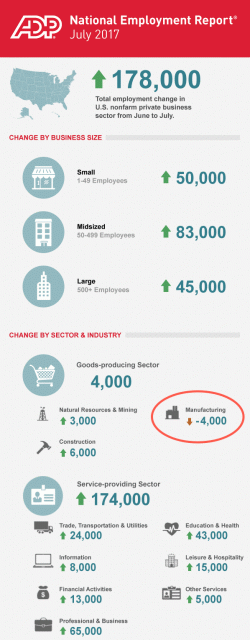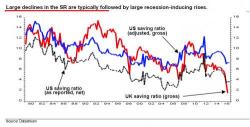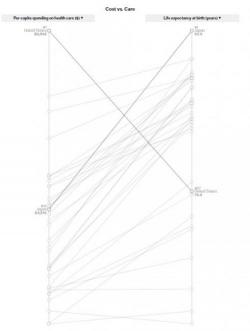Geopolitical Tensions Are Designed To Distract The Public From Economic Decline

Authored by Brandon Smith via Alt-Market.com,
Tracking geopolitical and fiscal developments over the past several years is a bit like watching a slow motion train wreck; you know exactly what the consequences of the events will be, you try to warn people as much as possible, but, ultimately, you cannot reverse the disaster. The disaster has for all intents and purposes already happened. What we are witnessing is the aftermath as a forgone conclusion.


